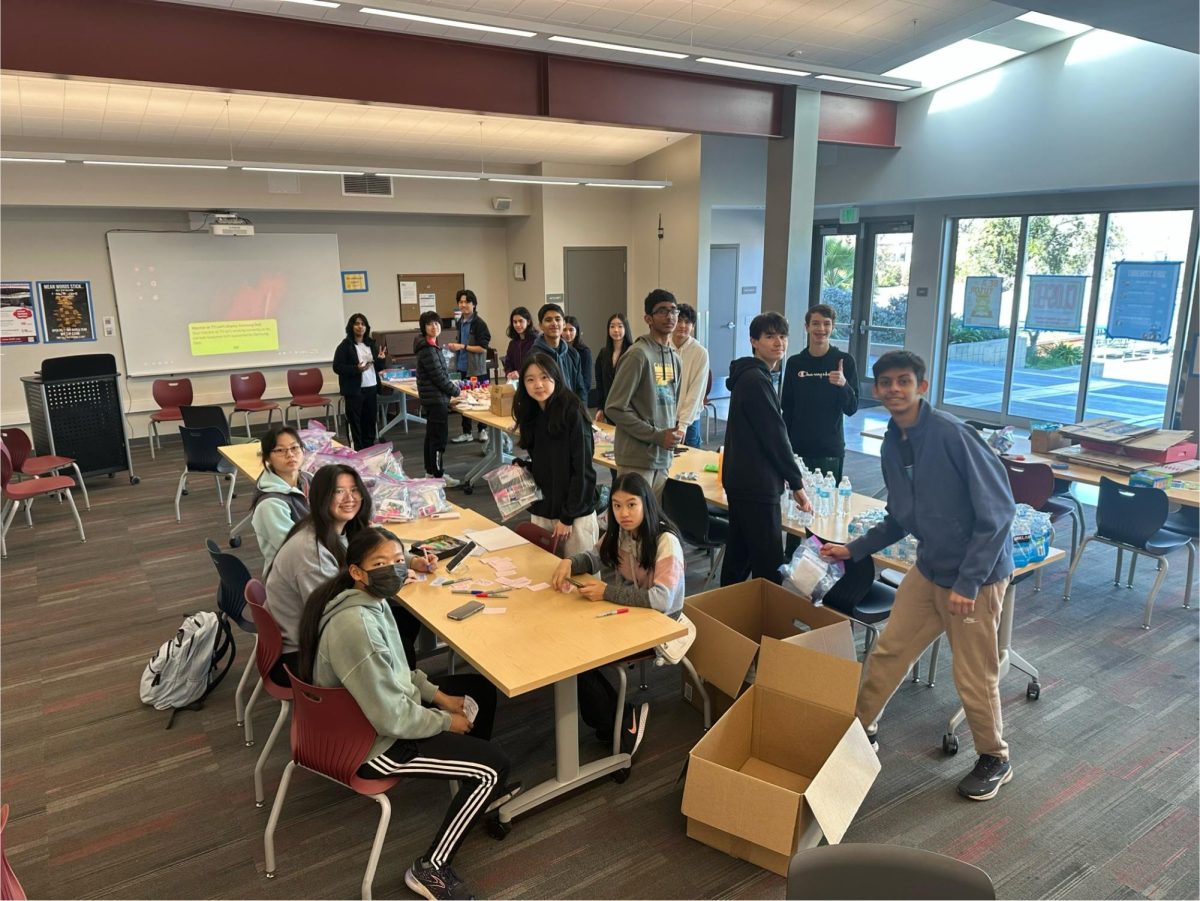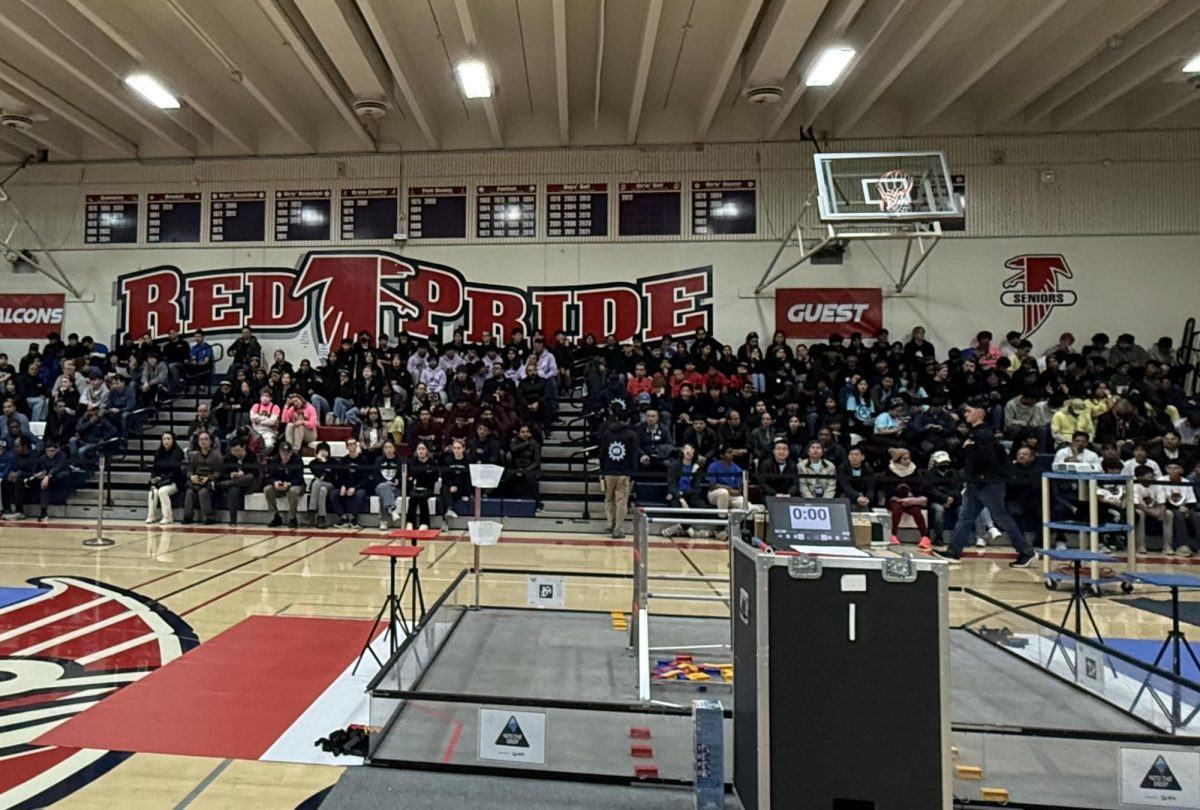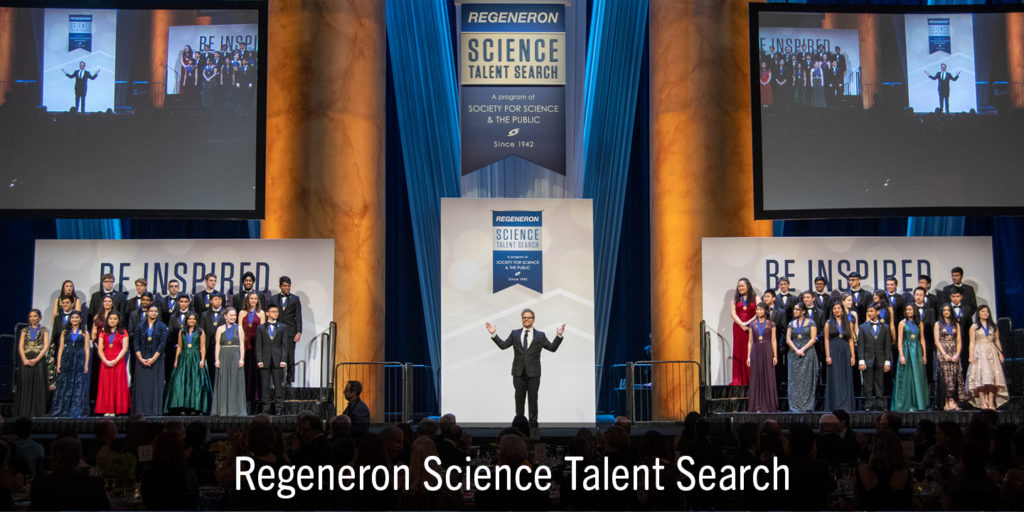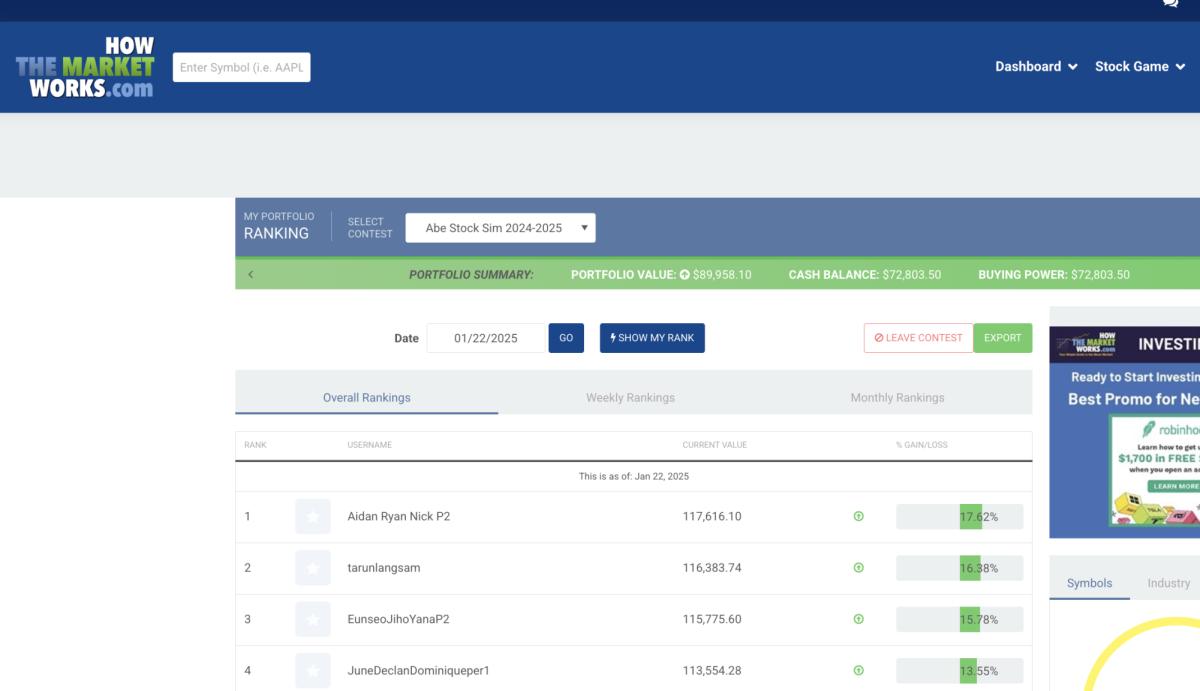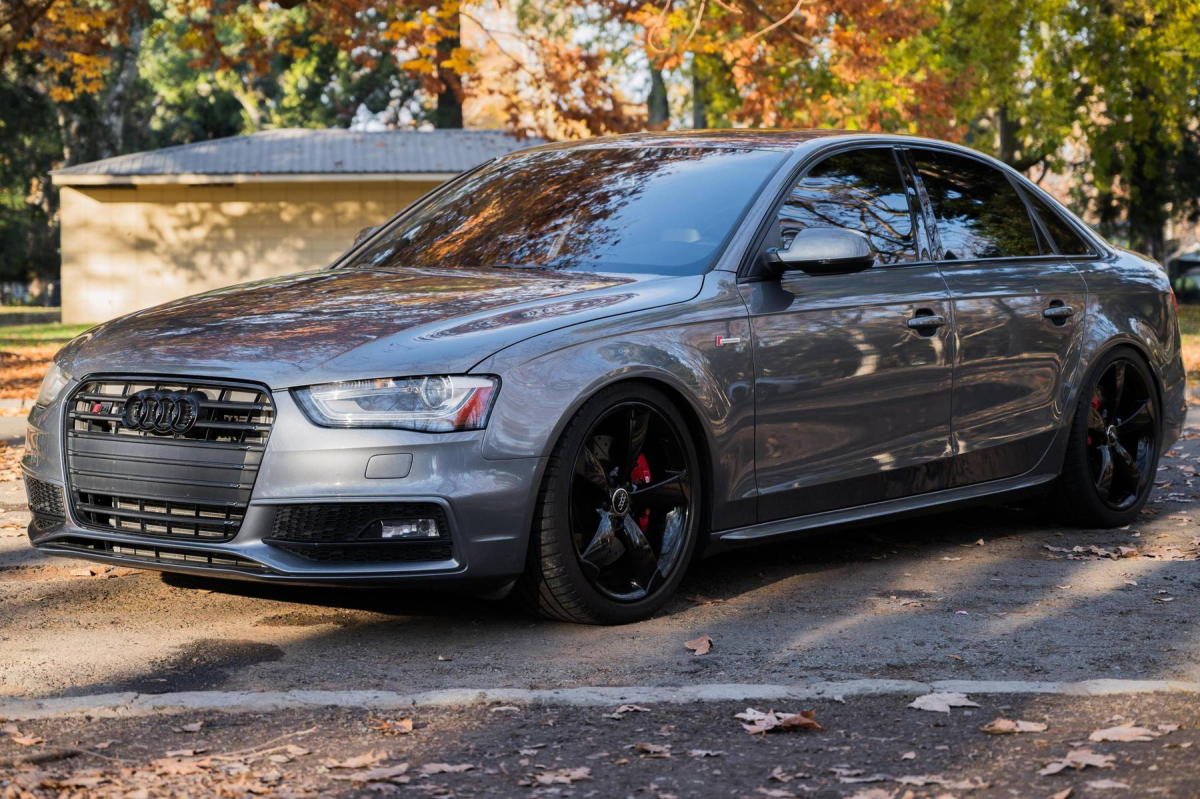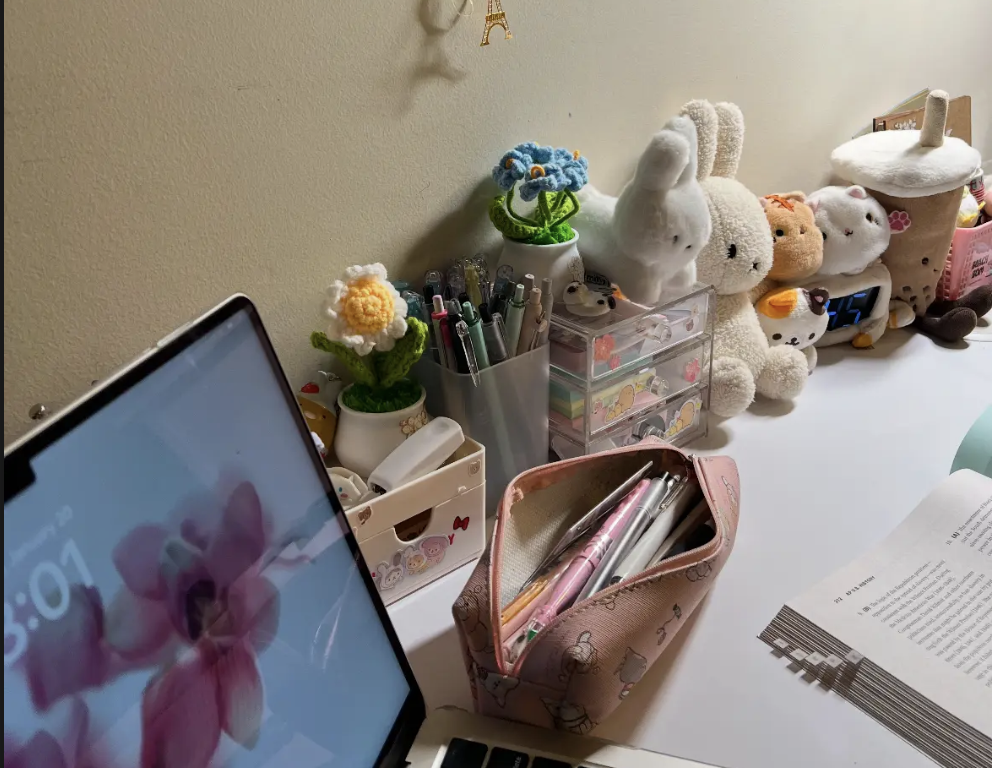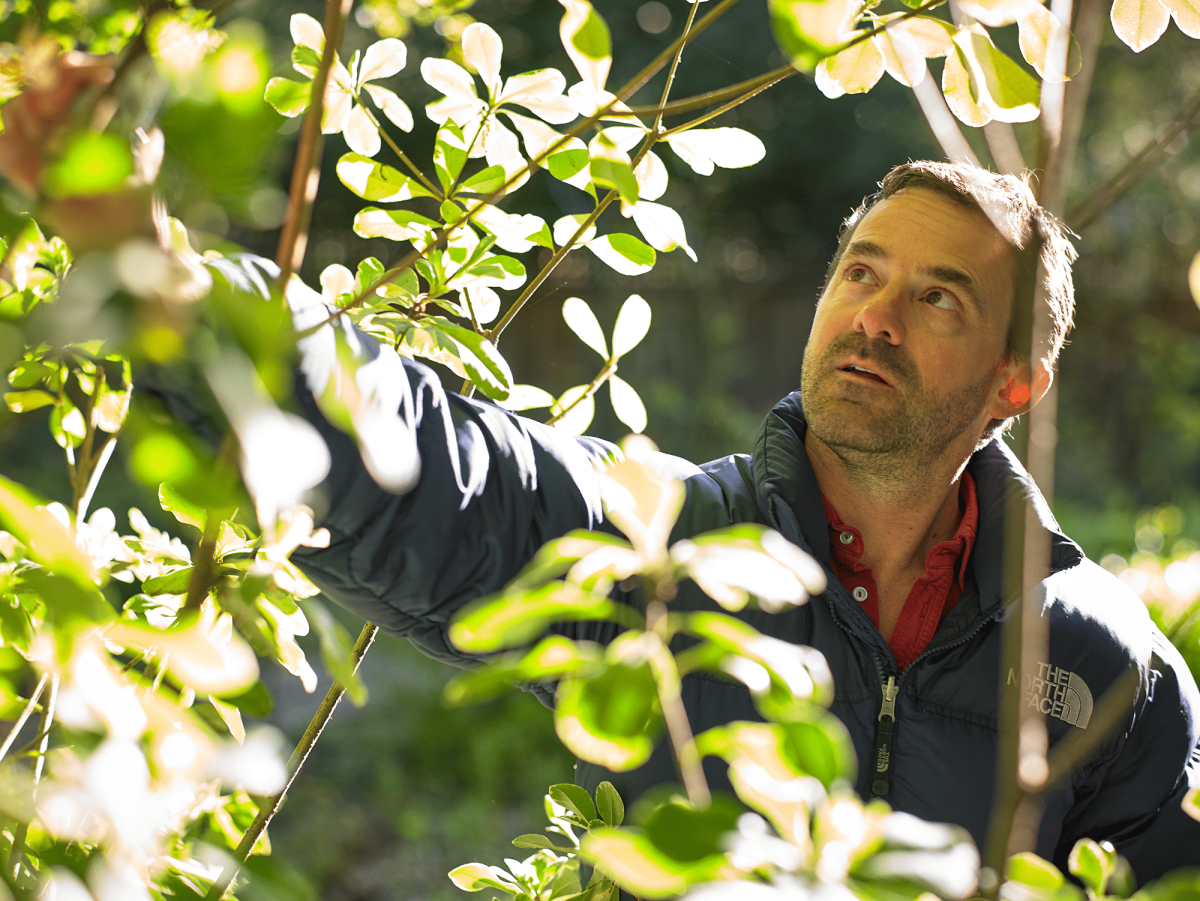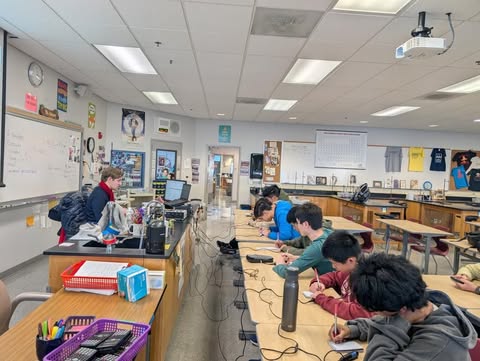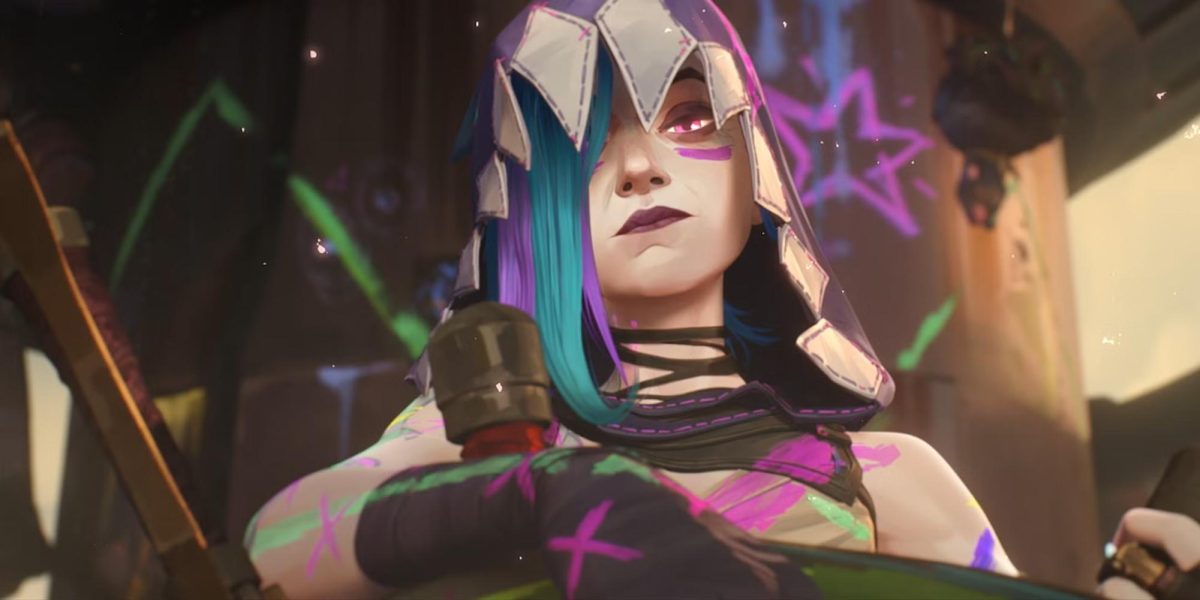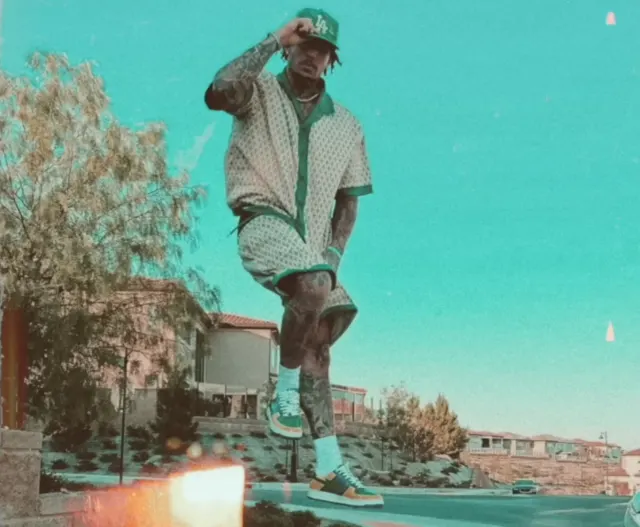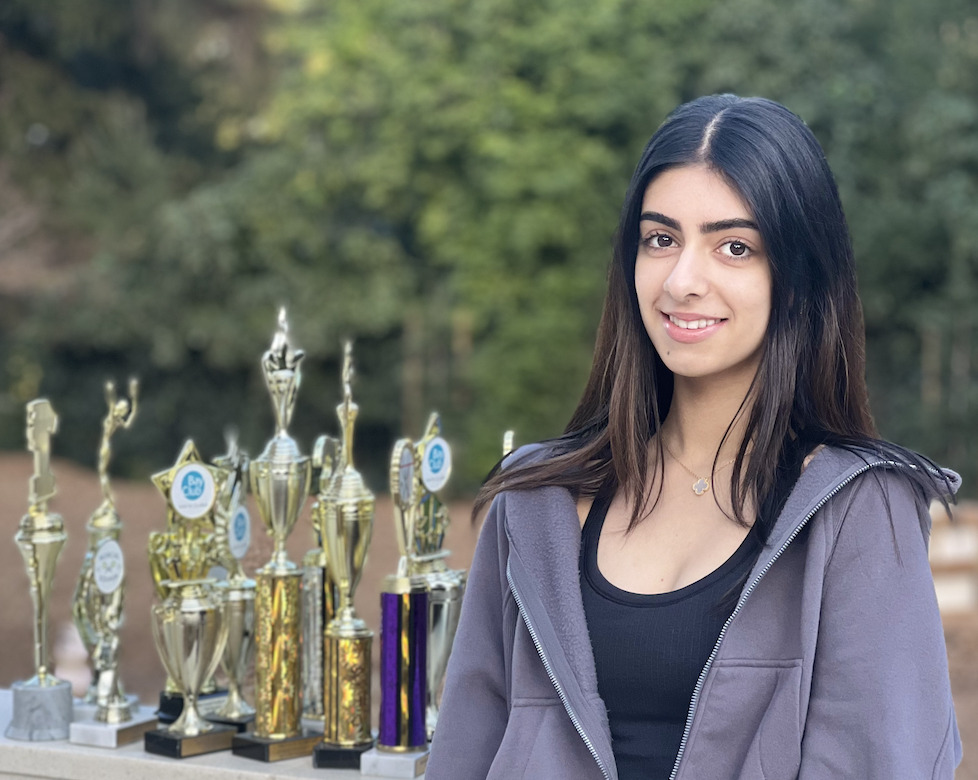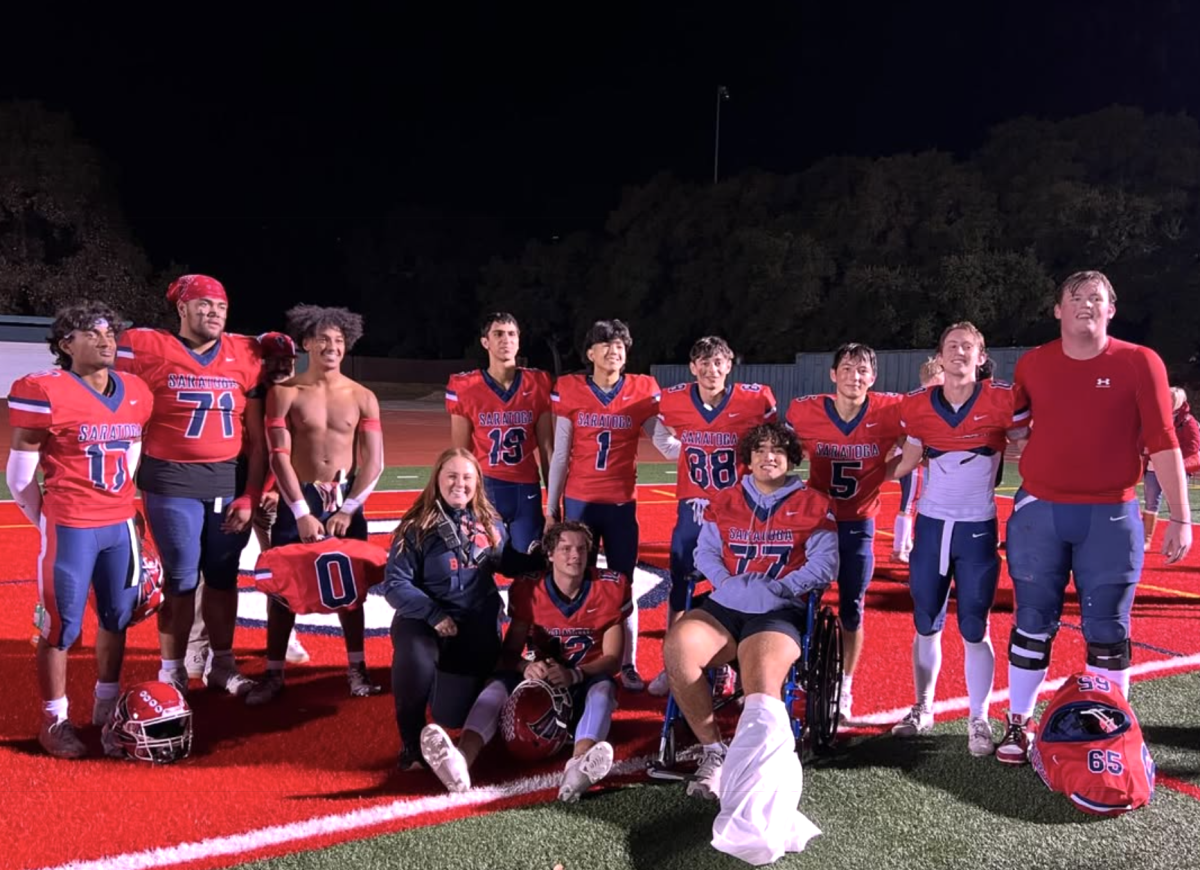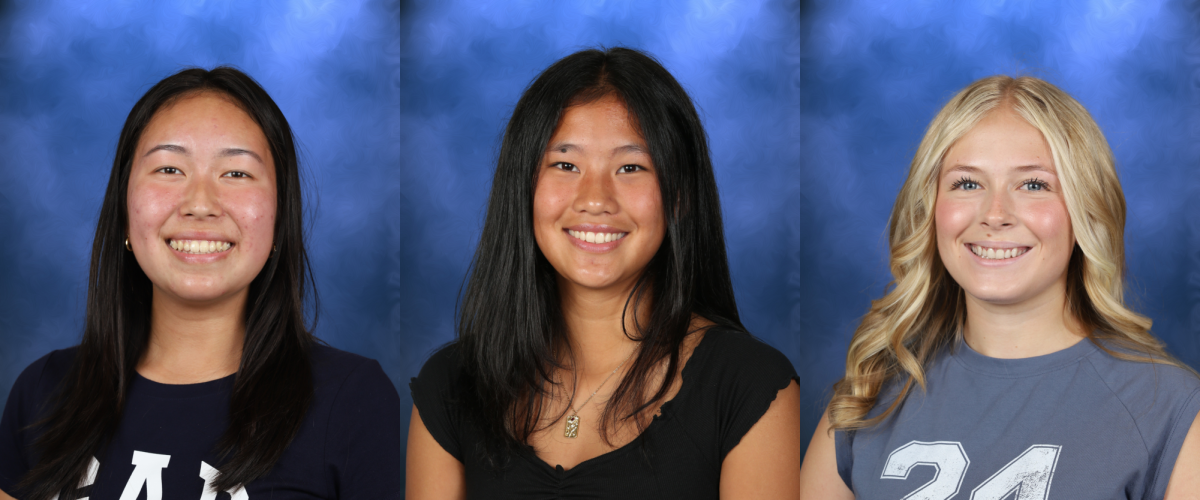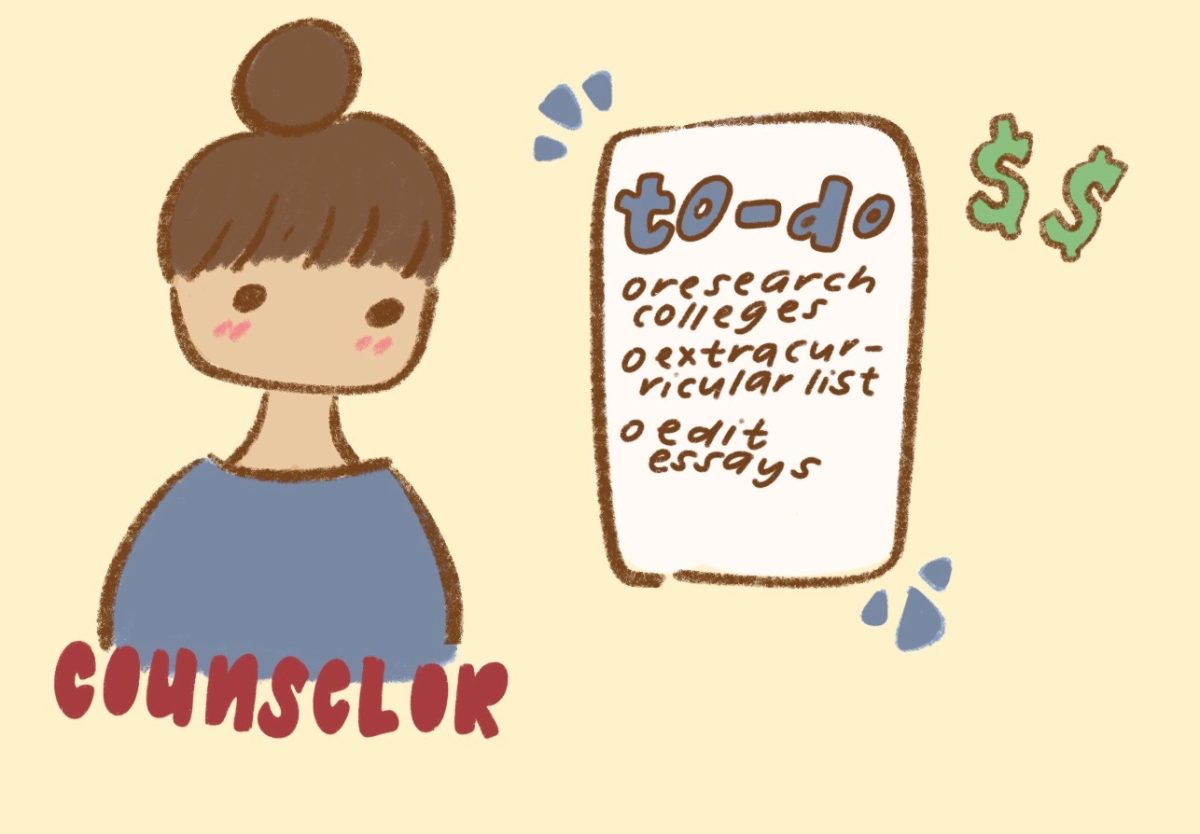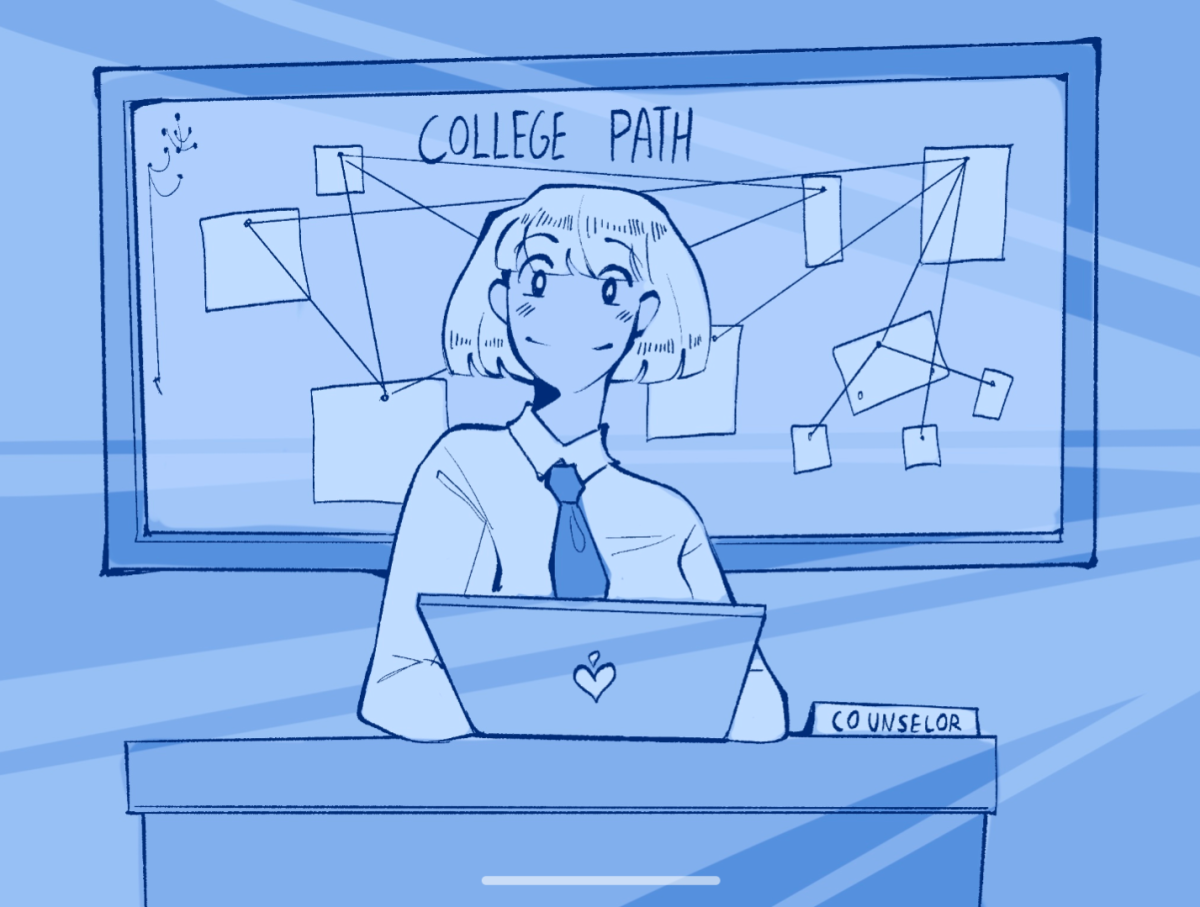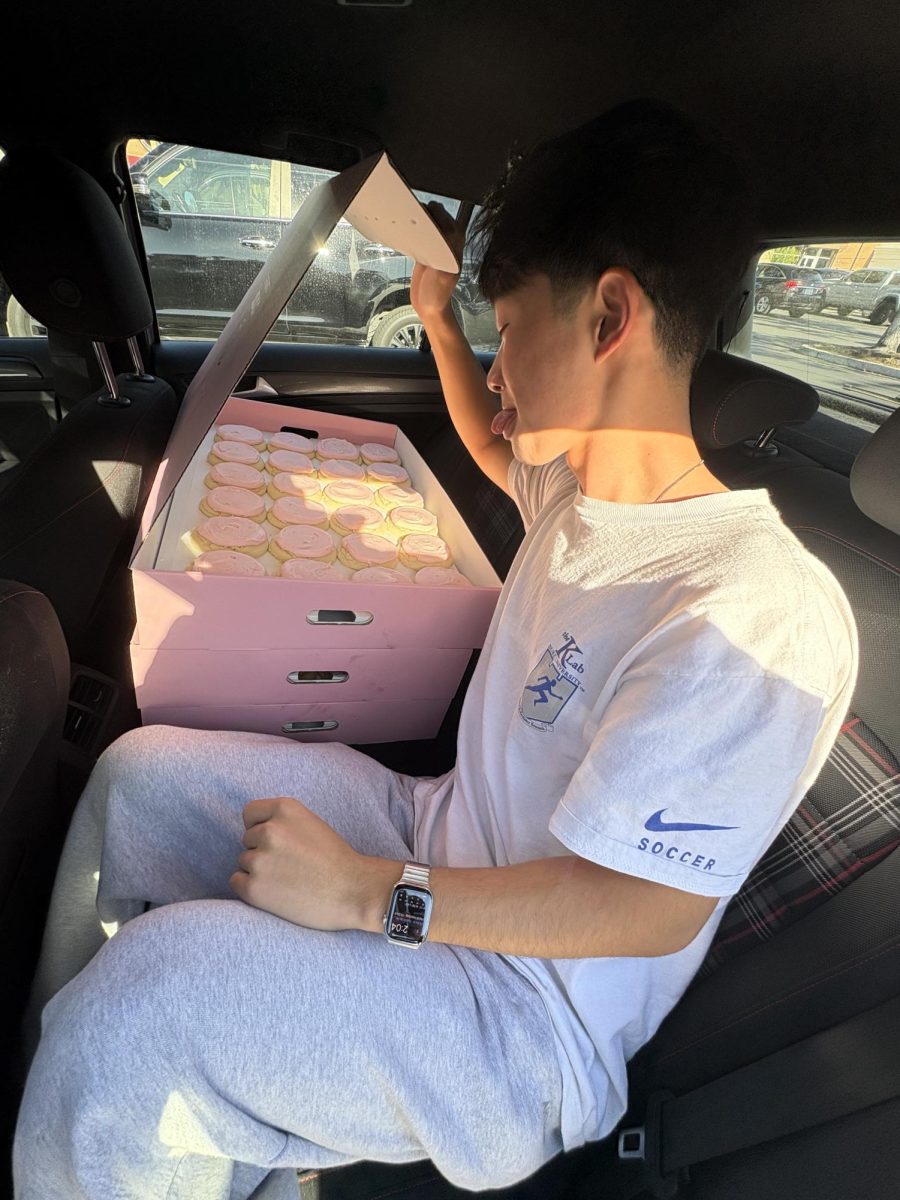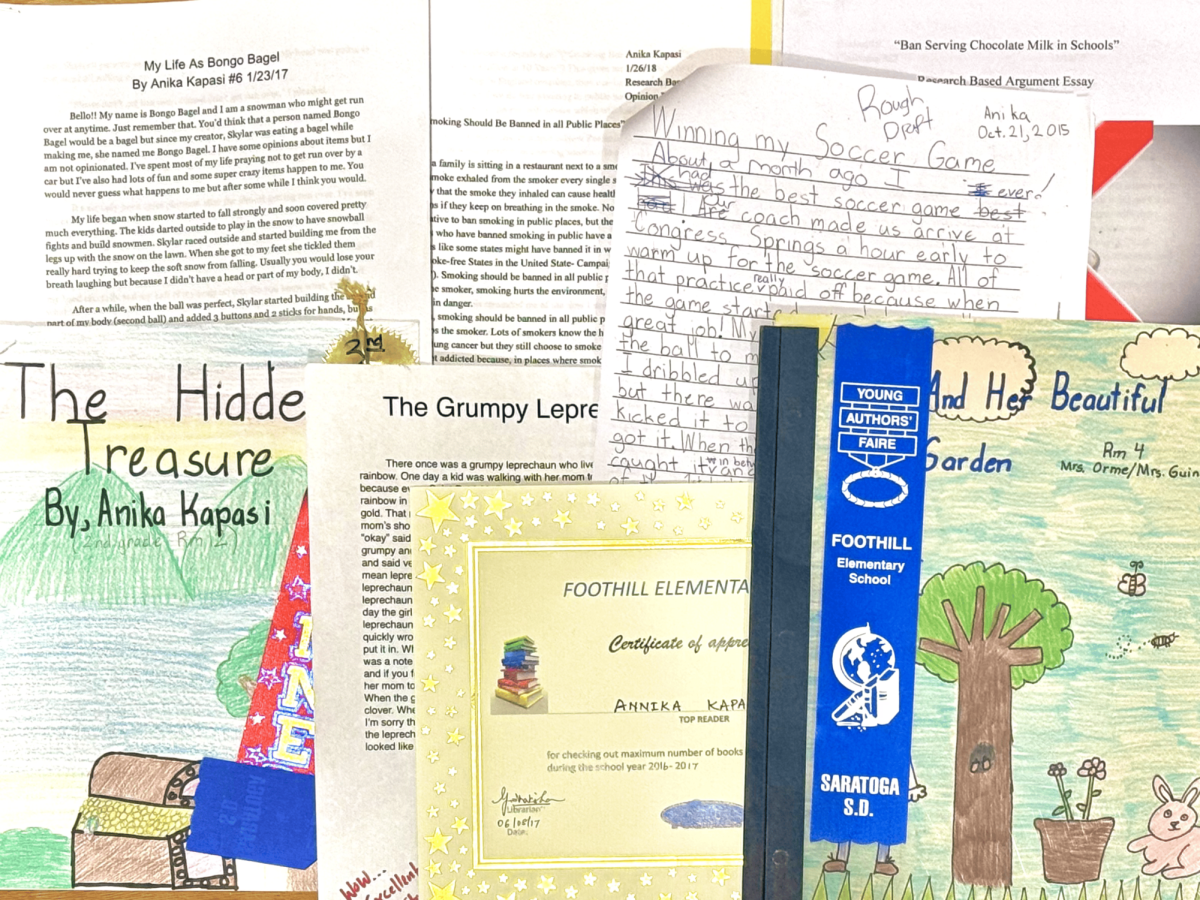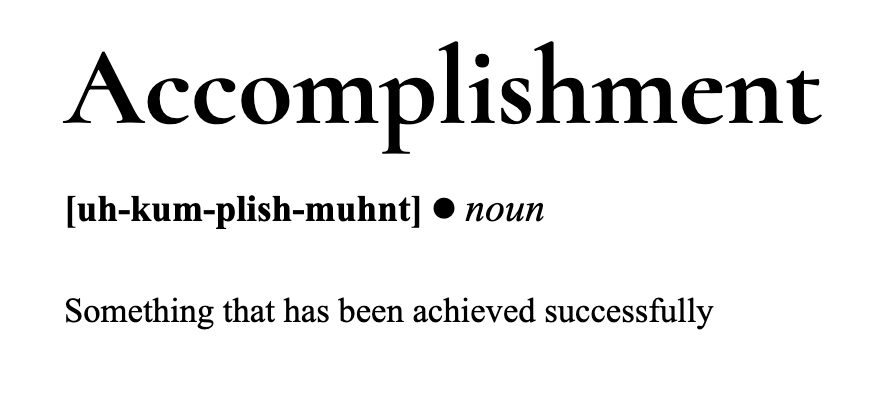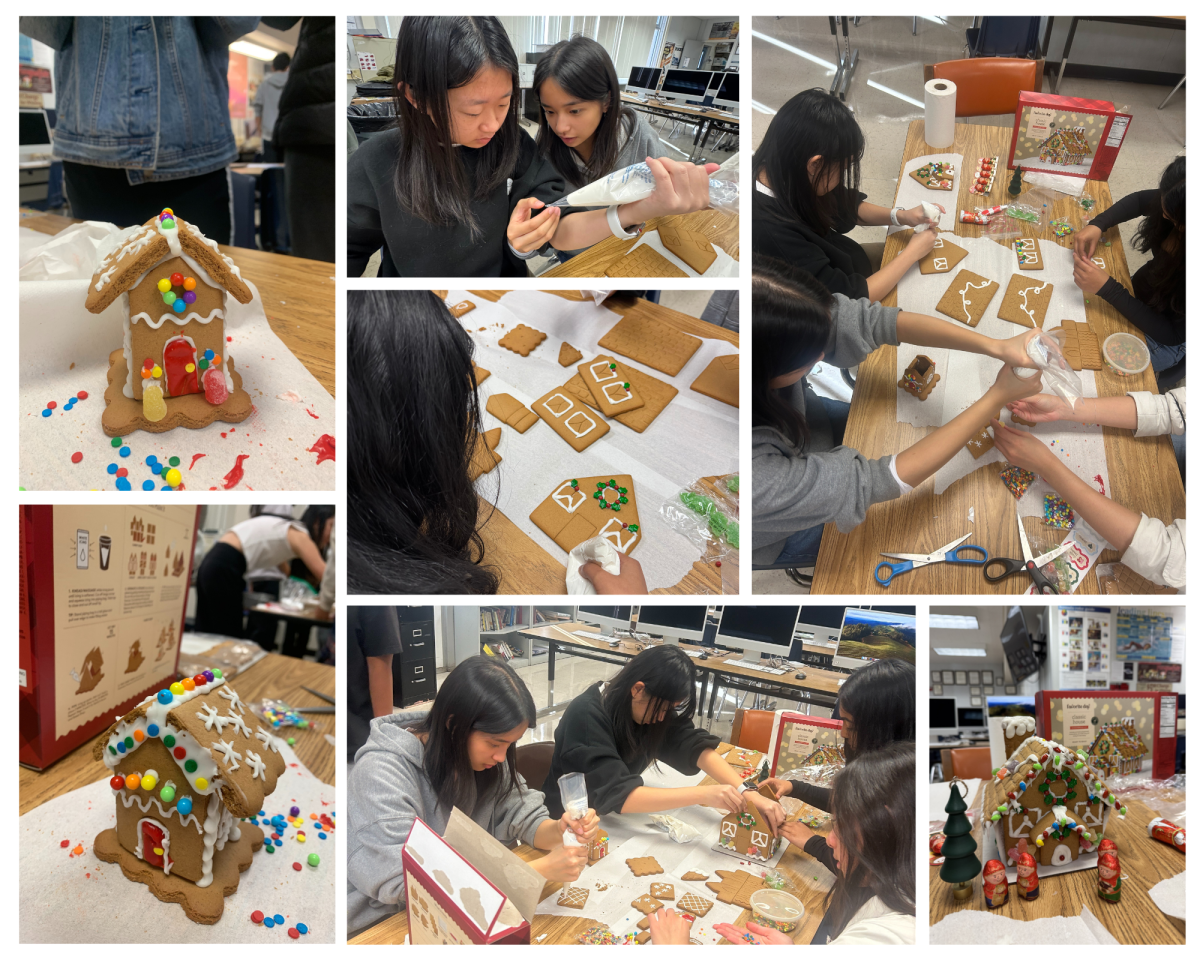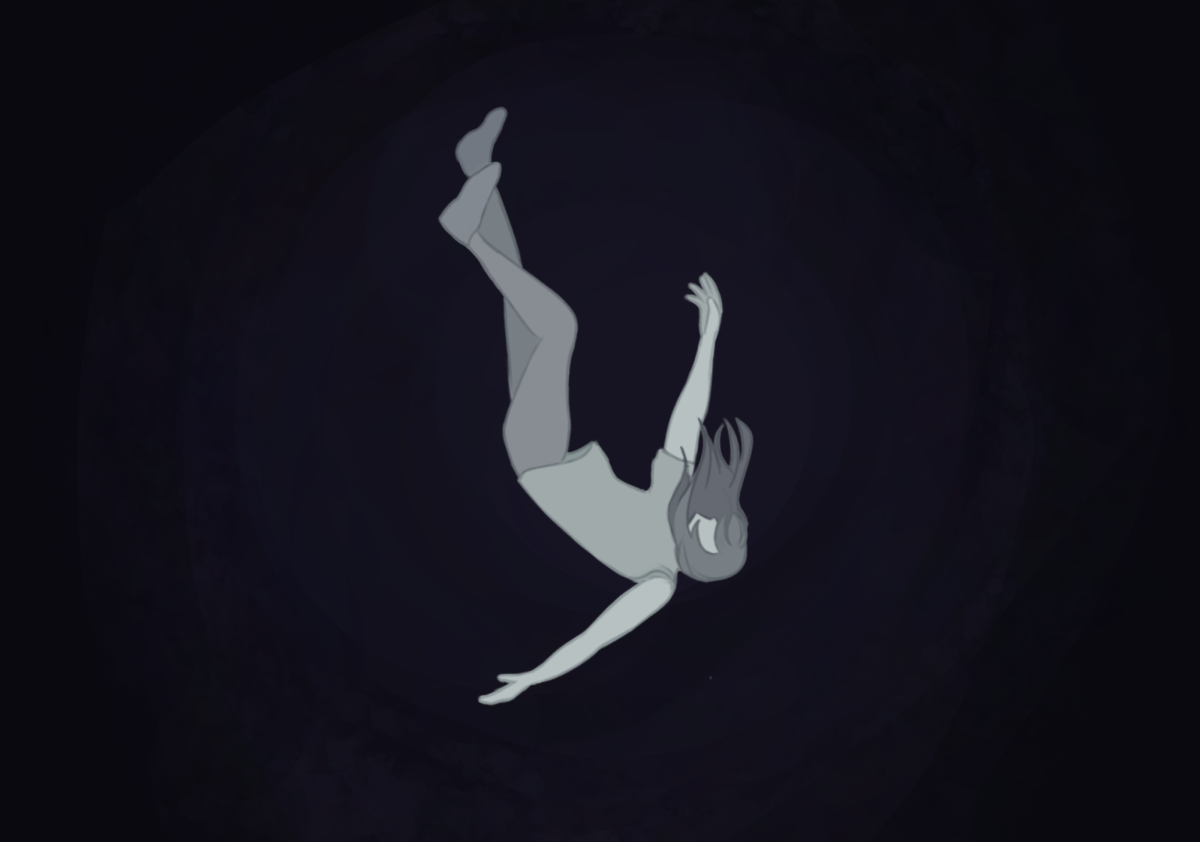Even though most people have played chess for fun, few people understand what is required to reach competition level, let alone the status of chess master.
Freshman Tanuj Vasudeva, however, has reached a degree of achievement in chess that many can only wonder at. He already holds the titles of National Master and Fédération Internationale des Échecs (FIDE) Master.
To put things into perspective, National Master is the highest chess title in the U.S. and FIDE Master is an internationally recognized title.
According to the chess rating system, club level chess is around 1,800, expert is approximately 2,000 and National Master is 2,200. Vasudeva was awarded his own National Master title by the United States Chess Federation once he had crossed the 2,200 threshold through his performance in tournaments, playing against opponents of all ages and rankings.
He also achieved the FIDE Master title by winning first place in the 2009 Pan American Chess Championship’s Under 8 Division, which was open to all people from North, South and Central America. It’s no surprise, then, that Vasudeva’s name has even popped up in the occasional chess blog.
He first began playing when he discovered his grandfather’s chess set from India in 2006. Once Vasudeva understood the basics, he spent days experimenting with the pieces and challenging his then 7-year-old mind. His two biggest inspirations were American chess icon Bobby Fischer and Viswanathan Anand, who he identified more with culturally.
How Vasudeva eventually became so skilled involved a combination of self-studying, trial-and-error and guidance. Instead of studying chess books, he used Internet resources as well as Skype lessons with a Russian chess coach to progress. After playing at tournaments, he would go home and record the moves that happened, analyzing and recapping events.
“I [would learn] from my mistakes [to] get better the next time,” Vasudeva said. “Chess requires a lot of patience and practice, and you won’t get good at it unless you actually try to improve, so it’s really important that you do so.”
Vasudeva said he has always been eager to improve on his own, saying his self-motivation is the biggest key to his success.
“When I was younger I would, practice on my own time without my parents telling me to,” Vasudeva said. “If you can do [an activity] on your own and you like doing it, you will probably get good at it.”
During each game, Vasudeva tries to calculate ahead and review his opponents’ strategies. Since memorizing board positions is one of his weak points, he relies more on planning.
These days he is also trying to pass on his love of the game by tutoring fourth and fifth graders. His students 0come to his house for group or private classes every week, allowing him to grow as both a teacher and a player.
“[Tutoring is] fun, and it gives you a lot of patience too,” Vasudeva said. “It’s quite difficult, but it makes you feel better because people are improving because of you.”
Though Vasudeva does not plan on being a professional chess player, he believes that he will always want to be able to exercise his chess skill, which he still exhibits in the occasional tournament despite his current focus on teaching younger kids.
“[I want to be good at [chess],” Vasudeva said, “but I plan on being a doctor most likely. I’ll try my best [since] that’s what I’m working toward.”


